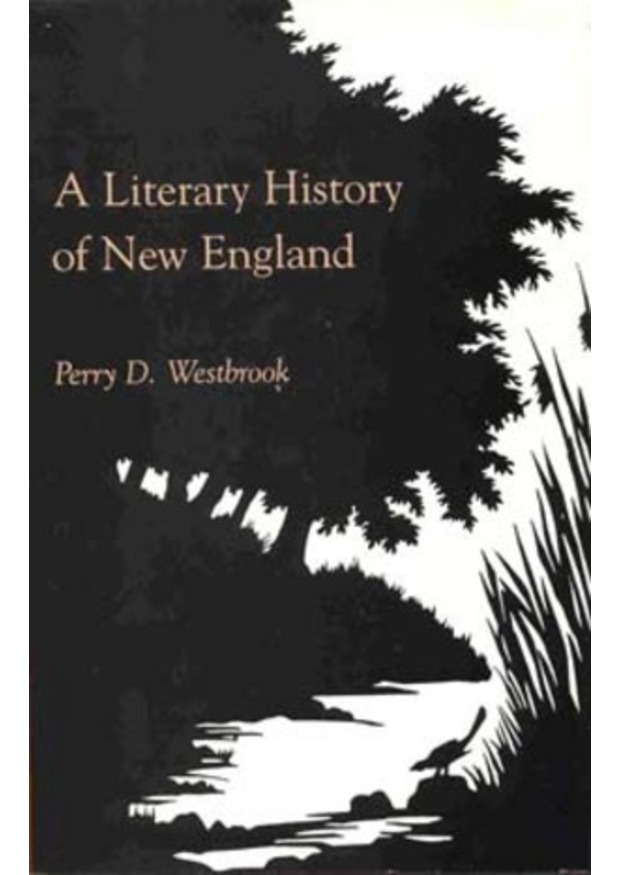Harriet Beecher Stowe once described her native New England as the "seedbed" of the nation, referring both to the westward migration of New Englanders and to the transplanting of New England cultural, political, and religious institutions into the new territories. In examining the literary expression of New England from 1620 to the mid-twentieth century, Perry D. Westbrook presents in effect a history of ideas. The evolution of religious thought and belief from Puritanism to transcendentalism and beyond is traced in its literary manifestations, as well as major reform movements like abolitionism and feminism, which have engaged many New England writers. Equally important, A Literary History of New England corrects some imbalances and omissions in earlier histories of this region and of the national literature by giving attention to influential, though little-known writers, many of them women.
Westbrook begins by establishing his frame of reference, that is, what constitutes New England literature. He then proceeds to discuss authors and their works in the religious, political, and cultural context of their times. Biographical facts are provided in sufficient detail to establish this context, and quotations are used liberally to convey the writer's thought and style.
During the two centuries following the settling of Plymouth, most New England writers were native born and lifelong residents. They wrote poetry, memoirs, essays, as well as histories, sermons, and theological tracts, which must be taken into account as revealing the Puritanism that is fundamental to understanding New England life and thought. Much of the writing that is considered from after the Civil War, however, is the work of authors who were not native to the region and whose residence there had been, in some cases, quite temporary. At one extreme, is Henry James, who lived much of his life abroad, yet wrote one of the most perceptive studies of Boston life and society. At the other extreme is Robert Frost who lived in New England almost all of his life and became the laureate of Yankeedom.
Many of the authors that figure in this history are not as familiar as James and Frost, however. Westbrook demonstrates that much of the region's best writing is the work of rural and village writers, many of whom have received little or no attention. Among these are Catharine Sedgwick, Mary Wilkins Freeman, Sarah Orne Jewett, Rowland Robinson - and many more, most of them women. He attempts to set the record straight as to the contribution of women to New England's literary preeminence from the earliest times to the present - a contribution notable for its realistic portrayal and interpretation of individual, family, and community life, as well as for its deep concern with the values that are distinctive of New England.
Westbrook concludes his history with a brief look at some of the authors that have flourished in the region since 1950. Though perhaps in recent years "the New England Way" has existed more in legend than in reality, its mark has never been erased.













